
Main Researcher: Dr. Carna Pistan
The project on "The Role of Constitutional Courts in the Challenges to Democratization and Protection of Human Rights in Central Asia" aims to examine the progress made during the last two decades by the five former Soviet Union republics of Central Asia in their efforts to introduce democratic reforms and to identify the major obstacles they have encountered up to now. In adDr.essing this topic a special evaluation is made of the contribution offered to these efforts by Constitutional Courts and the functions and tasks assigned to these constitutional adjudication bodies in further strategies for democratization and protection of human rights. The study on the role played by Central Asian Constitutional Courts is particularly relevant because the outcomes of the research could shed light on problems and obstacles that countries may encounter during the democracy building process not only in the post-Soviet Union sphere but also in other regions that seem hostile to democratization such as Asia and the Middle East. Thus, a successful democratic transition in Central Asia may also serve as a model to nearby countries that face the same challenges.
Research Questions
The experience of Central Asian nations in the past two decades raises important research questions: What are the current human rights standards in this region? What is the role of Constitutional Courts (or similar bodies) in these regimes? Are constitutional judges really independent from the political branches of government? Have Central Asian Constitutional Courts a real chance of becoming the guardians of democratic values declared in the Constitution? In deciding politically sensitive cases are these Courts pro-democratic in their orientations or is their pro-democratic performance compromised by the pressure exercised by the executive?
Research Results - Presentation and Publications
International Round Table "Politics and Constitutional Justice", University of Regensburg, Germany in November 2012. Paper presented: The Chameleonic Nature of Central and Eastern European Constitutional Courts: Are the rest of the post-Soviet Union Courts mere agents of their regime?
IACL World Congress of Constitutional Law, 16 - 20 June 2014, Oslo, Norway. Paper presented: Pseudo Constitutionalism in Central Asia: Curse or Cure
Second Turkish Italian Seminar of Constitutional Law, 25 - 26 September 2014, Scuola Superiore di Studi Giuridici, University of Bologna. Paper presented: "Semi-presidentialism in Central Asia: a way for a successful installation of authoritarian rule?".
Pistan C., Smart Authoritarianism: Nazarbayev's resignation as a move to consolidate Kazakhstan's 2017 constitutional reform, in DPCE Online, Vol. 39, No. 2/2019, pp. 1037-1054.
Pistan C., Pseudo Constitutionalism in Central Asia: Curse or Cure?, in Federalismi.it, No. 8/2019, pp. 1-18.
Pistan C., 2017 Constitutional Reform in Kazakhstan: increasing democracy without political pluralism?, ConstitutionNet.org, 28 March 2017.
Pistan C., Costituzionalismo senza aggettivi (Constitutionalism without Adjectives), Special Issue, Percorsi costituzionali, 1-3, 2020.



